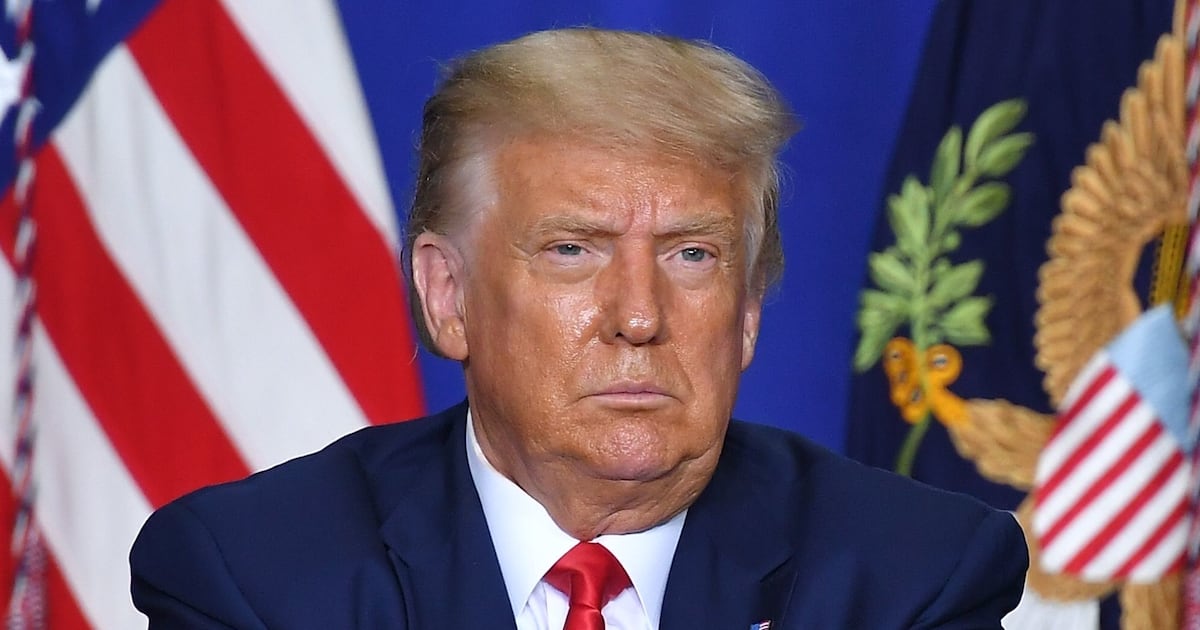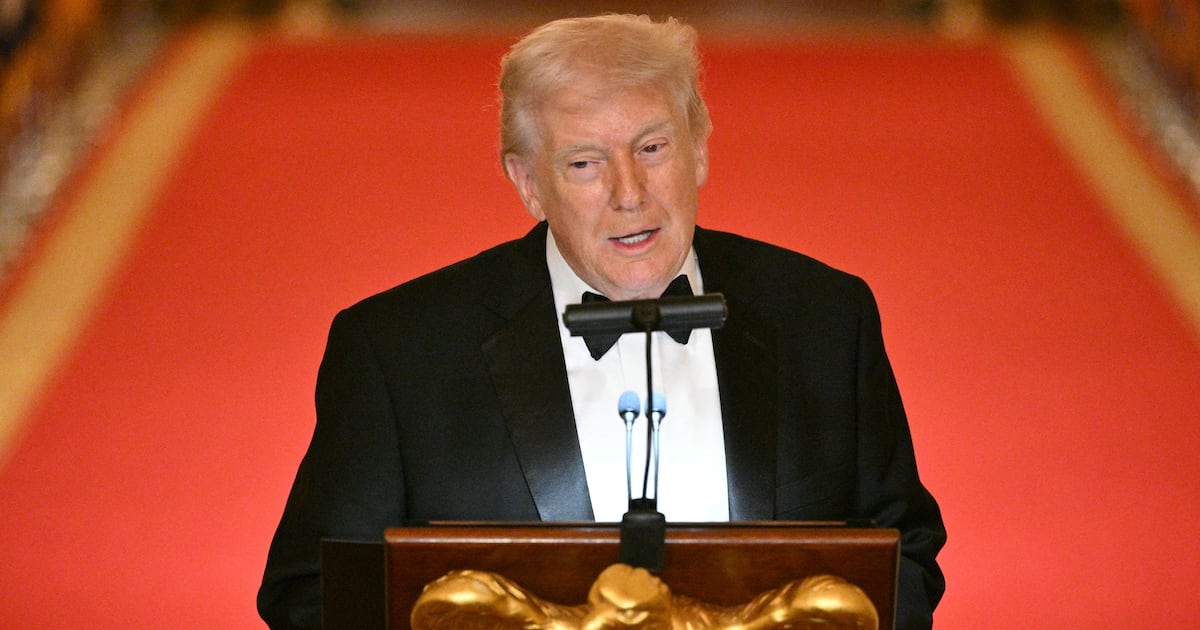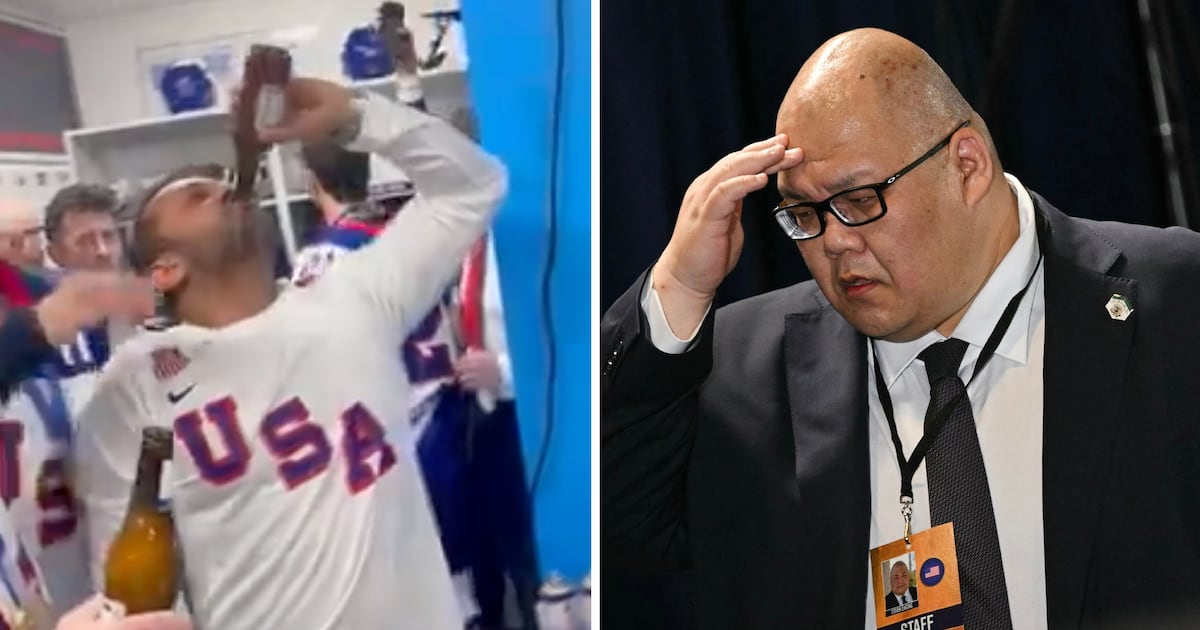Early on Monday morning in the UK, this summer’s much-anticipated stage production, Harry Potter and the Cursed Child, announced the cast of the West End show, which imagines the wizard troika—Harry (Jamie Parker), Ron (Paul Thornley), and Hermione (Noma Dumezweni)—as adults and opens on July 30.
It wasn’t long before the Internet announced a “black Hermione controversy” surrounding the casting of Dumezweni, an acclaimed black actress who has starred in a slew of West End productions and won the 2006 Olivier Award for “Best performer in a supporting role” as Ruth Younger in Raisin in the Sun.
The controversy began (and continues) on Twitter, when J.K. Rowling responded to a woman wondering how the Harry Potter author felt about the idea of a black Hermione.
Following the casting news, Rowling, who co-wrote the show with Jack Thorne and director John Tiffany, tweeted that she “loves black Hermione.”
Apparently this exchange brought out all the racists on Twitter— the “thousands” of Harry Potter fanatics who are can’t fathom the idea of Hermione being black and are ready to boycott the West End show and all future Harry Potter productions unless all of the characters are white. Another reminder that the world has gone to hell and is overrun by Donald Trumpian racists.
Well, sure: If you spend enough time on Twitter you’ll find some wretched people who are genuinely perturbed that Hermione, a fictional character who is very real and very white in their narrow minds, has brown skin in her latest incarnation.
You’ll find some who think the casting choice is a publicity stunt or just another example of our PC culture.
A handful of them is proof enough that there’s a “controversy,” something for everyone to be outraged about and an opportunity to poke fun at the crazies who think a black Hermione is, as one person put it, rather hilariously, “somehow more implausible to some people than a universe where the entire postal system depends on owls.”
A Daily News columnist argued that “thousands of (white) adults lost their minds” over a black Hermione, without indicating who or where those “thousands” are, but it should be noted that those who are cheering the decision to cast Dumezweni as Hermione far outnumber the crazies.
Rowling herself was congratulated for the casting by Fault in Our Stars author John Green.
A quick Twitter search of “black Hermione” along with blog posts like this one culling together celebrants of a more diverse Harry Potter prove my point.
As others have pointed out, Hermione was frequently teased by bullies like Draco Malfoy in the Harry Potter books for being a “mudblood,” a wizard whose parents were muggle (non-wizard) dentists.
This made her an exception in the wizarding world whose exceptional talents were poo-pooed by bad seeds at Hogwarts like Malfoy, whose name literally means “bad faith” in French.
Rowling herself has pointed to his prejudice, admitting she was “unnerved” by the young women who fancied this bad-boy character and the actor who plays him in the Harry Potter franchise. (Malfoy’s obsession with being a “pure blood” in the books always seemed like an unsubtle reference to Aryanism.)
It makes sense, then, that Hermione—who was teased for her frizzy hair; teased for being an oddity; teased because of her cultural background and for not being of “pure” blood—could be read as a racial minority.
Some fans have admitted to perceiving her this way from the beginning, long before Hollywood chose young Emma Watson to play her in the films.
Because her skin color is ambiguous in the book (whereas Ron’s, for example, is very unambiguous) Hermione is frequently depicted in Harry Potter fan art with dark skin.
There were very few characters who were explicitly dark-skinned in the books. Minister Kingsley Shacklebolt from the the fifth book, Harry Potter and the Order of the Phoenix, was one of them, and was revered for helping to restore justice to the wizarding world (he battles the mudblood-hating Death Eaters and is appointed Minister of Magic.)
Lee Jordan and Angelina Johnson, who are both introduced in Book I, are also black.
If there are hardcore Harry Potter fans who are hell-bent on Hermione being white, it’s clear that there are many more fans who either see her as racially ambiguous or have never thought about her skin color.
For most of us, there is nothing “controversial” about Dumezweni being cast to play Hermione. The real-life Draco Malfoys denouncing the progressive casting choice on Twitter are few and far between.





